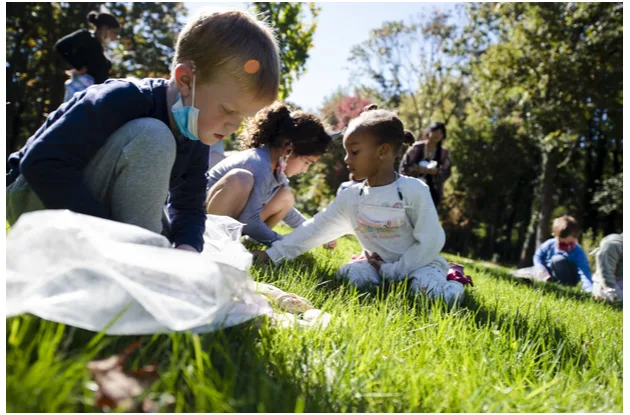Whether students feel overwhelmed with the amount of homework they have or they have difficulty with time management, it is important for parents to help students learn how to meet due dates on school assignments by teaching them to not procrastinate.
To help our students successfully finish school assignments in an efficient manner, we need to think about some of the typical causes of procrastination and plan solutions for each possible cause.
 1. Anxiety: Feeling nervous is the No. 1 reason students underperform academically, both in school and at home. To help your child overcome anxiety, first of all check yourself. “Am I feeling nervous about my child’s ability to complete this task successfully?” Without realizing it, as parents we often fuel the anxiety fire by putting undue emotional pressure on our kids. So make sure you are feeling calm and confident, and then help your child to feel the same. Talk about how proud they’ll feel when they finish and give them lots of praise and encouragement.
1. Anxiety: Feeling nervous is the No. 1 reason students underperform academically, both in school and at home. To help your child overcome anxiety, first of all check yourself. “Am I feeling nervous about my child’s ability to complete this task successfully?” Without realizing it, as parents we often fuel the anxiety fire by putting undue emotional pressure on our kids. So make sure you are feeling calm and confident, and then help your child to feel the same. Talk about how proud they’ll feel when they finish and give them lots of praise and encouragement.
2. Feeling Overwhelmed: Sometimes procrastination is the result of a child perceiving the task as too large or too difficult. Check that they understand the material. Help them break up a large assignment or a more complicated problem into definable pieces. Encourage, encourage, encourage!
3. Lack of organization: For a project due in two weeks, help your child make a daily schedule of what tasks he needs to finish each day. For daily homework, help your child organize how much time they may need for each task. Help them keep track of their daily progress with check marks or stickers.
4. Motivation: Some students need more help getting motivated than others. Intrinsic (internal) motivation is the most important to cultivate. Again, as parents we need to check our own feelings: “Am I feeling positive, viewing this assignment as a great way to learn more about a topic and to develop my child’s creativity or seeing it as a stressful chore that we need to get ‘out of the way’?”
When we feel positive it is much easier to help our kids get excited about their academic responsibilities. “Wow, you’re multiplying three-digit numbers? I didn’t learn this until fifth grade! It feels so great when you finish the steps and get that large answer! Can you show me how to do it?” “Wow, you get to do a project on ancient Egypt! Great! Do you get to learn about the pharaohs and pyramids? That stuff is so fascinating!”
If you are sincere, they will mirror your enthusiasm. External (outside) motivation can also be helpful; however, we should be careful that the “reward” we are giving is appropriate. Giving healthy outcomes – playing outside when you successfully complete homework, scheduling a play date with a friend, or having a family movie night after successfully completing a project are better than material rewards (new video game, junk food, clothes, etc.)
Tip: Brain Breaks
Research shows us that taking short exercise breaks helps our brains stay sharp and fresh. Every 10-20 minutes (longer periods for older children) kids can take a three-minute “brain boost break”. Let them do a simple exercise (push ups, jumping jacks, stretching, etc) and then return to their work. Have your child set a timer for these breaks and choose the exercises – if they are in charge it will build responsibility and motivation. And if you do the exercises with your child, it will be a fun and healthy way to manage the stress of supervising homework time! [Note: watching TV or playing video games do not count!]
I hope you can smile, breathe, and use some of these tools to create a more successful and enjoyable homework experience for you and your child!
Dave Beal is a father, an elementary school teacher and the manager of the Power Brain Training Centers in Bayside (43-01 Bell Blvd.) and Syosset (567 Jericho Turnpike). At the PBTC, Dave trains students and parents how to maximize their focus, confidence and creativity through innovative brain-based exercises.





















